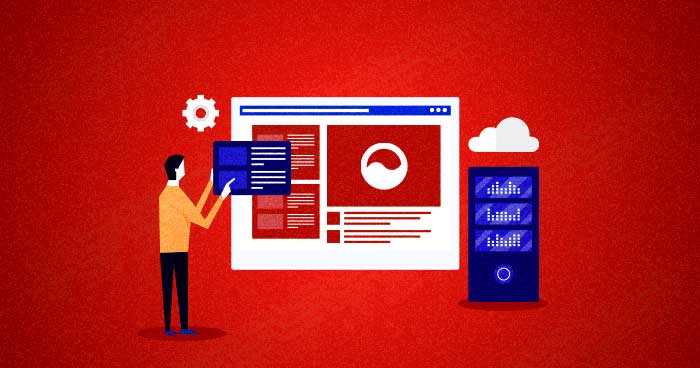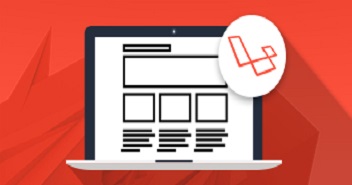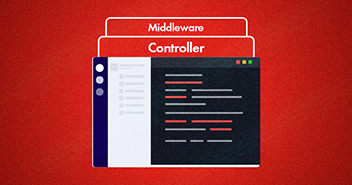
Laravel recently announced the introduction of Laravel Horizon, an open source dashboard app that keeps track of Laravel Redis queues. The Horizon dashboard is a single page application built using Vue.js. The application is designed to provide real-time insights into queue workloads, recent jobs, failed jobs, job retries, throughput and runtime metrics, and process counts.
Laravel Horizon has an excellent code-driven setup and user interface dashboard for your Laravel powered Redis queues. Horizon permits you to effortlessly monitor key metrics of your queue framework like runtime, and work failures.
Another newly introduced feature in Laravel is Laravel Queues. The purpose of Laravel Queues is to make applications sleek by stacking heavy tasks to be handled as jobs and dispatching these jobs when it is asked to or when it does not interrupt the user’s experience.
According to Taylor Otwell:
“I built Horizon to scratch my own itch. I need deep insight into my queue throughput, performance, wait times, failures. And, when a customer has a problem, Horizon allows me to quickly find the job that failed.”
Taylor Otwell – Creator of Laravel
In this article, I will demonstrate how to install Laravel Horizon on Cloudways. Let’s get started.
Prerequisites for Laravel Horizon
Before getting into the installation process, there are several requirements for Horizon:
- Laravel Version Version 8.26.1
- Redis (Horizon requires Redis)
- PHP 7.3+ (Horizon uses async process signals)
- I will begin by creating a server on Cloudways with a Laravel Version 8.2 app.
Nothing as Easy as Deploying Laravel Apps on Cloud
With Cloudways, you can have your PHP apps up and running on managed cloud servers in just a few minutes.
Create the Cloudways Server with Laravel 8.2
To host a Laravel application on Cloudways, sign up for a free trial, login to your account and create a new server. Fill in the server and the application details, and select Laravel Version 8.2 as your application.
That’s it, you have just installed a new Laravel Version 8.2 application on the Cloudways platform with only a few clicks.

Install Redis on Cloudways
After logging in to your Cloudways account, go to the Servers Tab, click on Setting & Packages. Next, click on Packages. Click the Install button next to Redis. In just a few seconds, Redis will be installed on your server.

Install Laravel Horizon
To install Laravel Horizon, type the following command in the SSH terminal:
composer require laravel/horizon
After installing Horizon, publish its assets using the vendor:publish Artisan command:
php artisan vendor:publish --provider="Laravel\Horizon\HorizonServiceProvider"
That’s it, Laravel Horizon is now installed on your Laravel application on Cloudways. Go to your Application tab and run your application on the provided staging URL.


Now add /horizon to the URL to see the Laravel Horizon dashboard.

Conclusion
Laravel Horizon is a queue manager that gives you full control over your queues, it provides means to determine how your jobs are processed, create analytics, and perform diverse queue-related operations from an easy-to-use dashboard.
Laravel Horizon is a wonderful tool for executing and monitoring Laravel queue workers. You can easily keep it active with the Cloudways Supervised Queue Manager.
Q. Is Laravel horizon free ?
A: Yes! It is open source and free for the entire Laravel community. In addition to newly introduced, code-driven configuration system, Horizon is a truly easy to use thanks to it’s dashboard and UI.
Shahzeb Ahmed
Shahzeb is a Digital Marketer with a Software Engineering background, works as a Community Manager — PHP Community at Cloudways. He is growth ambitious and aims to learn & share information about PHP & Laravel Development through practice and experimentation. He loves to travel and explore new ideas whenever he finds time. Get in touch with him at [email protected]


